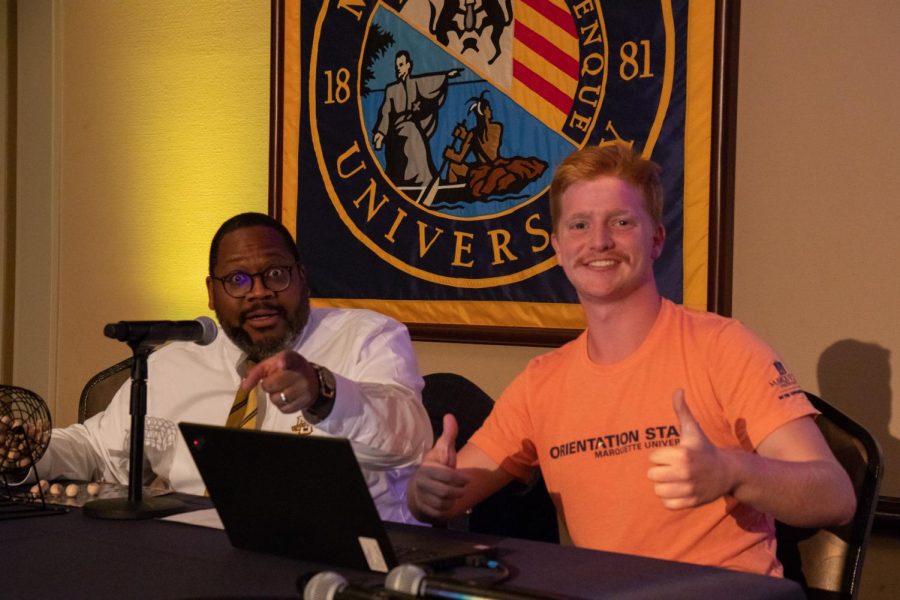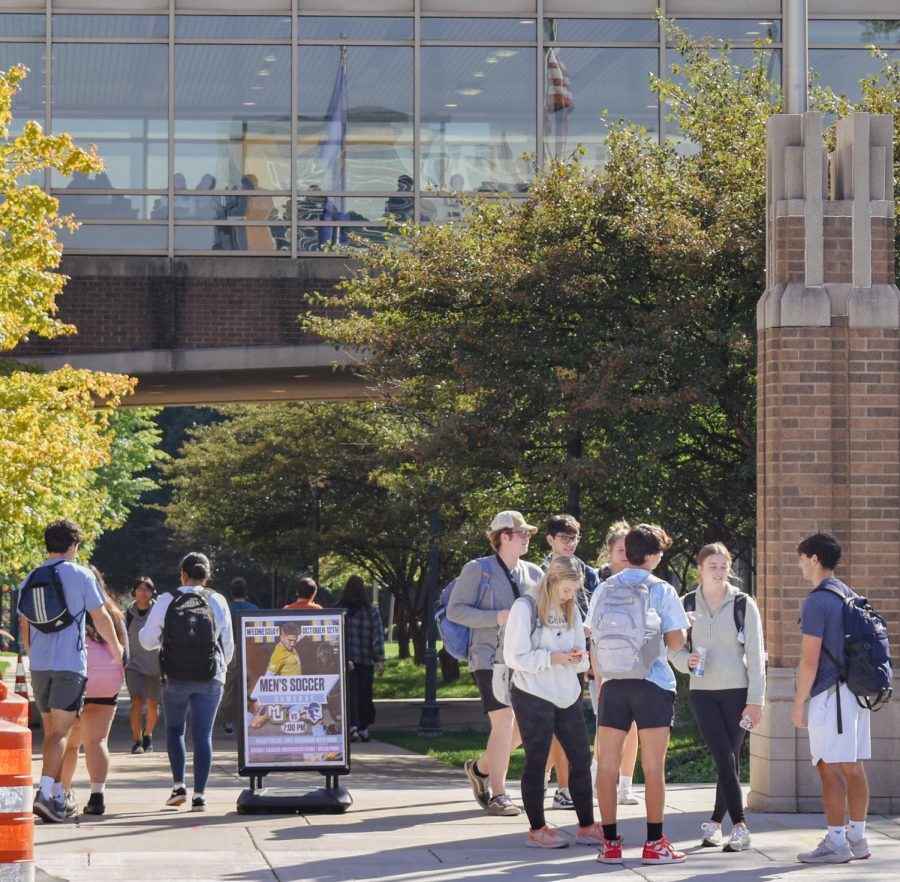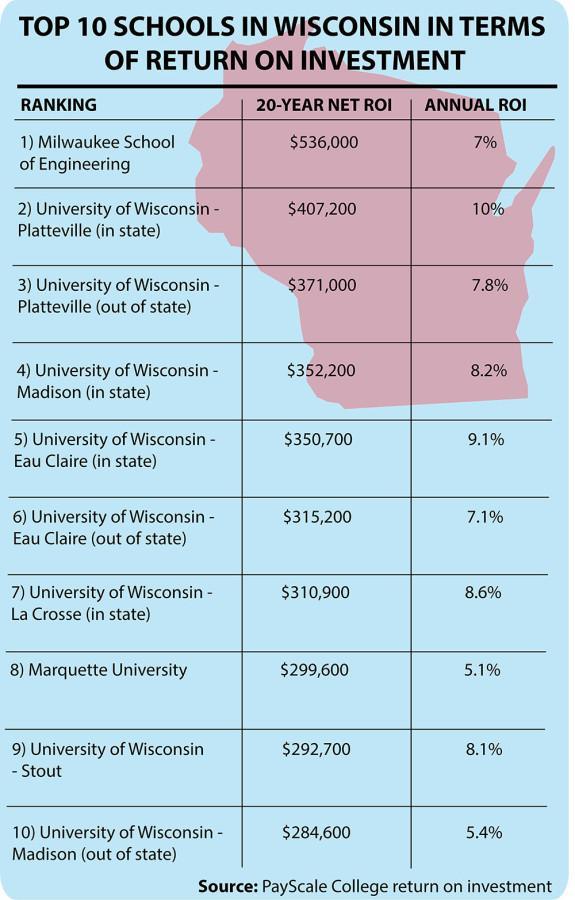Like most young people in the United States, Marquette freshmen are technologically savvy, which may impact their academic performance.
According to the 2012 First-Time Freshman Survey, the results of which were released last Thursday in a university news brief, 74 percent of this year’s freshmen own a smart phone, a number much higher than the national rate for adults and previous Marquette freshmen.
The survey polled students on their expectations for their academic career, demographics and other personal information.
Brendan Natwora, a freshman in the College of Health Sciences, was not shocked by his peers’ proclivity toward smart phones.
“I’m not too surprised that 74 percent of my class has smart phones,” Natwora said. “If I had to guess prior to seeing the statistic I would have estimated that 80 percent of the class has smart phones.”
According to the Pew Research Center, 46 percent of American adults have a smart phone. The number of young adults (those between the ages of 18 to 24) who have a smart phone is much higher, at 67 percent.
Not only does this year’s freshman class exceed the national average of smartphone usage among adults and their peers, but it also surpasses those of previous freshman classes. In 2011, 50 percent of respondents regularly used a smartphone, said Alexandra Riley, the associate director at Marquette’s Office of Institutional Research. In 2010, only 39 percent of freshman respondents indicated they regularly used smartphones.
The survey also revealed that 96 percent of current freshmen regularly use a laptop and only 18 percent regularly use a tablet computer.
The survey also measures freshmen’s expectations of their academic career and life on campus. Sharron Ronco, the assessment director at Marquette, said the poll regularly finds college freshmen’s predicted grade point averages overly optimistic.
At the end of their first year, 67 percent of this year’s class predicted their GPA to be a 3.5, 20 percent thought it will be a 3.0, 11 percent believed their GPA will be a 4.0 and none believed their GPA will be a 2.0 or below.
“In the freshman survey, we are always struck by the gap between what grades freshmen expect to earn their first year and their actual grades,” Ronco said.
Senior Associate Dean of Student Development John Dooley agreed.
“It is interesting that the trends continue to increase on the confidence that new students have about their first semester GPA – particularly the increasing percentage that predict a GPA of 3.5 or higher,” Dooley said.
Though it is unclear exactly what effects smartphones and technology have on the GPAs of college students, a 2011 study conducted by StudyBlue revealed that students who used apps to study their flashcards on their phones studied 40 minutes more each week than students who just used their laptops to make flashcards.
Natowara maintains that laptops – even if they are somewhat distracting – are staples for academic success.
“Being in college, laptops are an essential,” Natowara said. “They are pretty much the key to being successful in college. Concluding my first semester of college, I was very surprised at how teachers use various online sites to grade papers and create chapter quizzes and other assignments. Without a laptop it would make these tasks pretty difficult and inconvenient, since a student would always have to search for an available computer.”
The current freshman class also reported high usage of online social networking sites during high school. Fifty-nine percent said they updated their online social networks almost every day, 24 percent said a few times a week and seven percent only used these sites about once a week. Three percent reported that they updated these social networks less than once a month and three percent said they never did.









